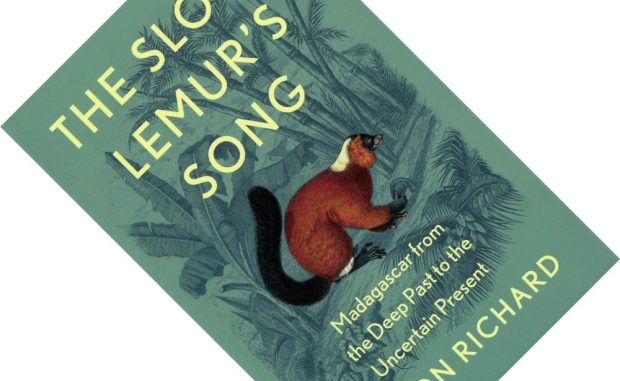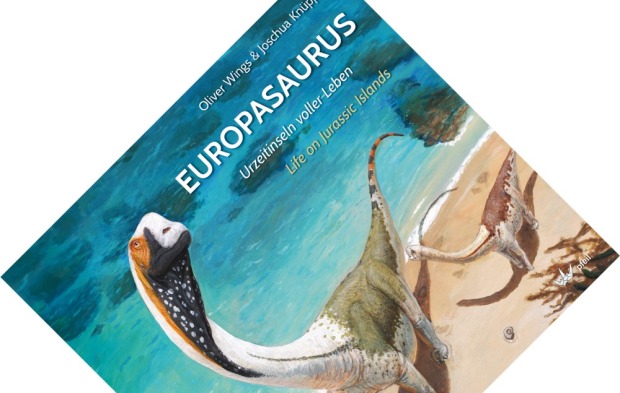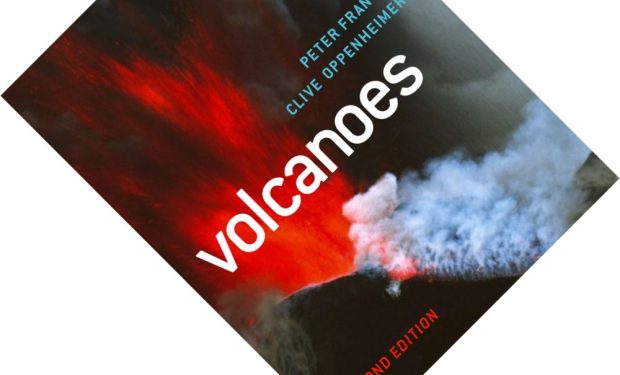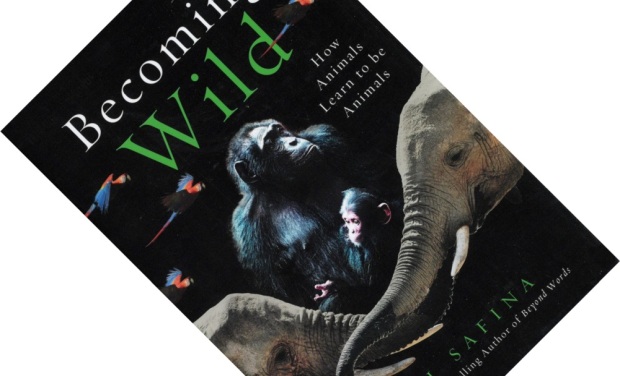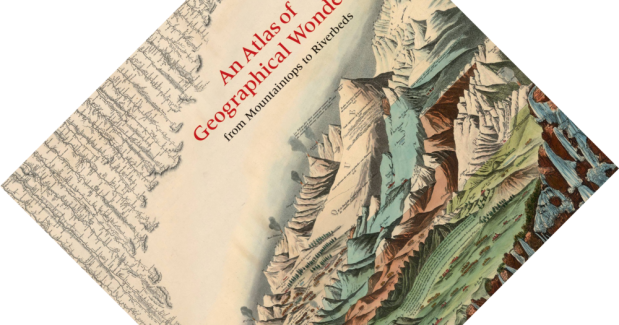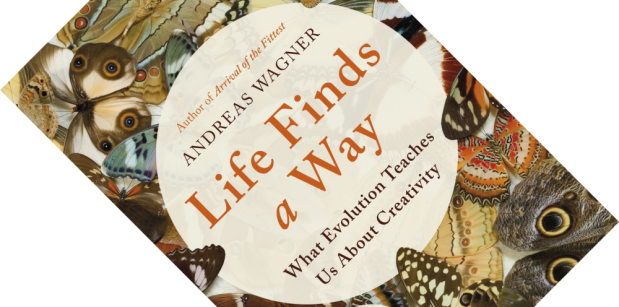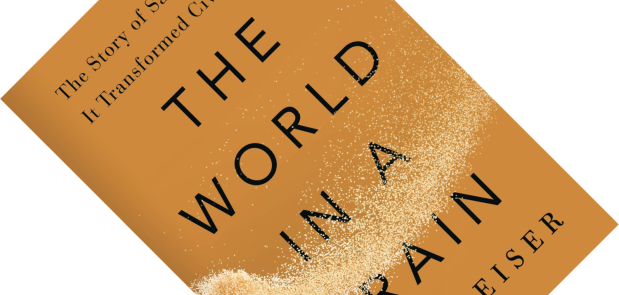7-minute read
keywords: archeology, paleontology, wildlife conservation
Before reading this book, I admit that my knowledge of Madagascar was shamefully rudimentary: I knew its location on the world map, the name of its capital city, and that lemurs are part of its endemic fauna. Fortunately for me, anthropologist Alison Richard, backed by her five decades of research experience, has written a natural history book in the broadest sense of the word, encompassing geology, (palaeo)climatology, botany, zoology, conservation, and much else besides. She skillfully dismantles simplistic dichotomies and is particularly passionate about challenging the dominant conservation narrative that Madagascar was a forested paradise until humans arrived. The Sloth Lemur’s Song is revelatory in more than one way and I came away with a much deeper understanding of this remarkable island.

